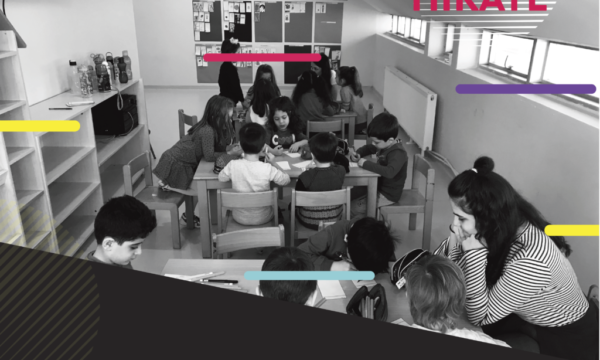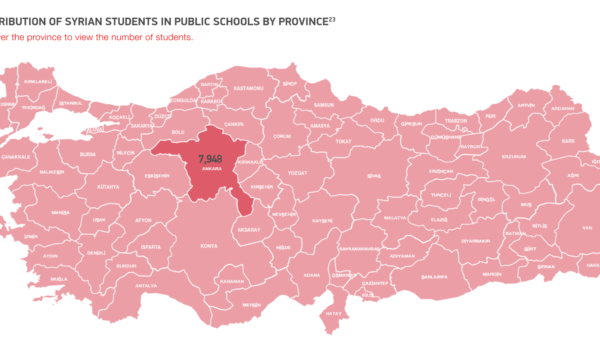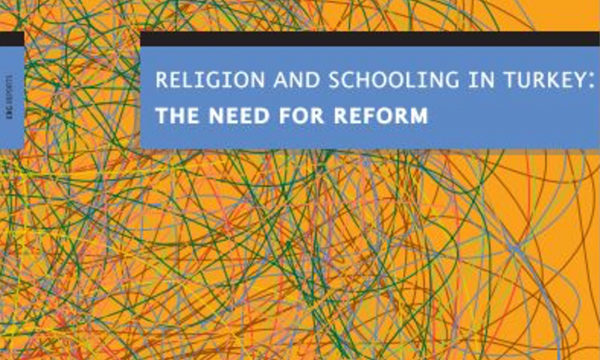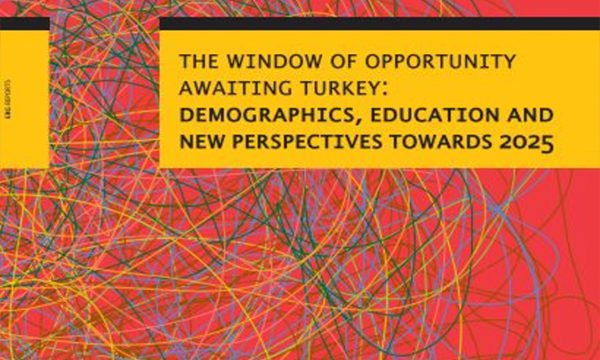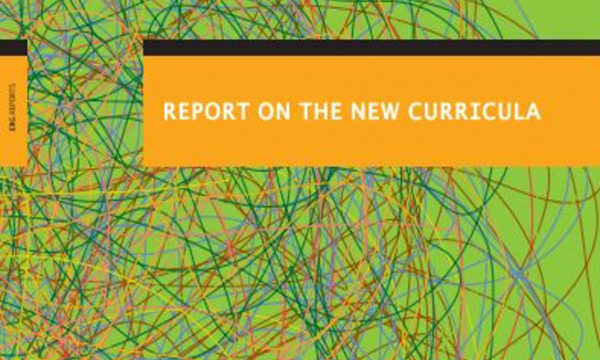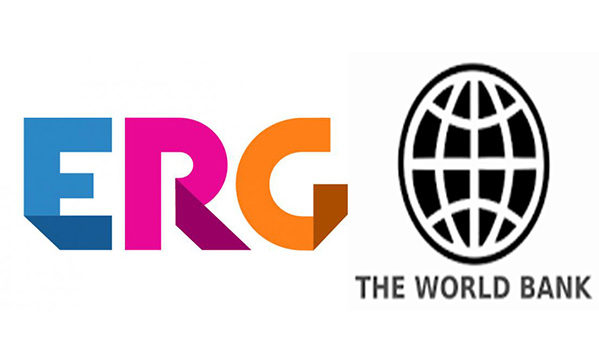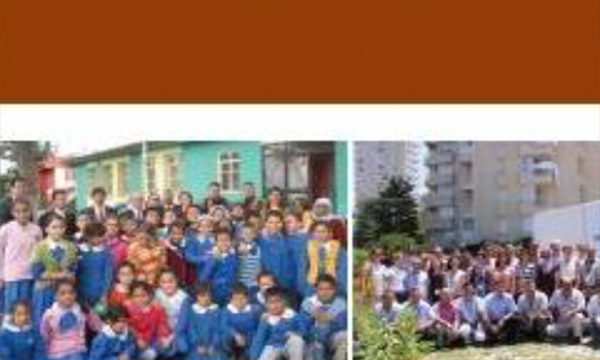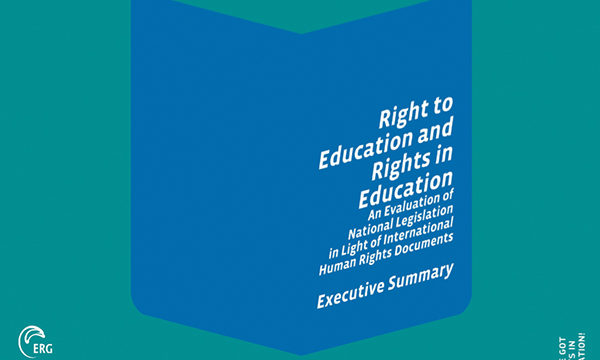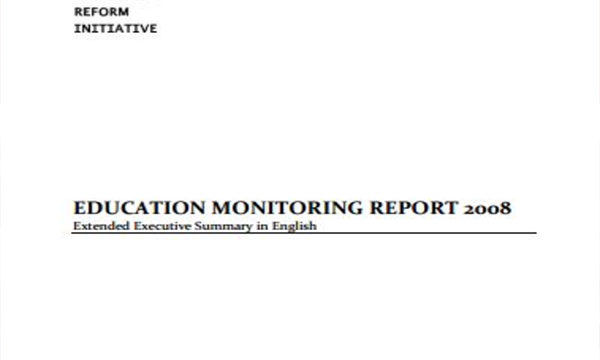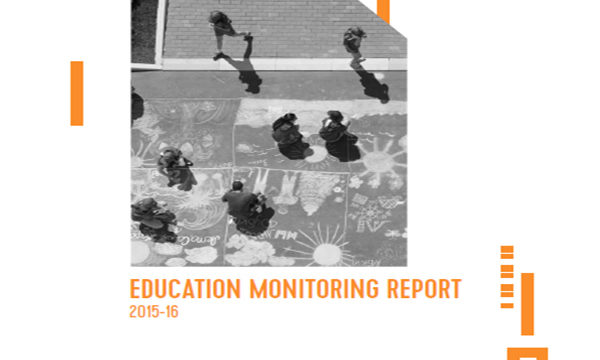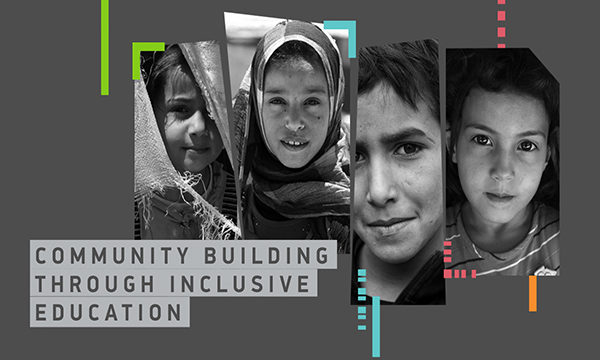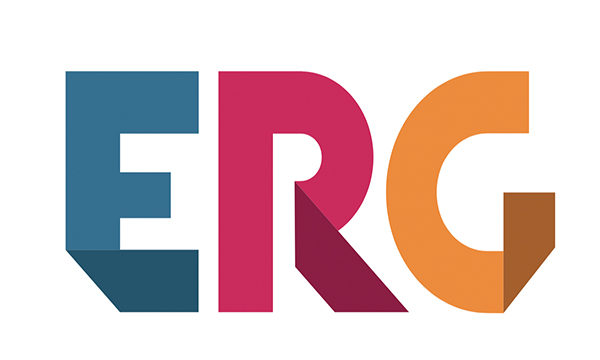Today’s Zaman
Ali Osman Öztürk, an eighth-grader, has like many others, still not received the tablet PC that was to be given to all students as part of the Movement to Increase Opportunities and Technology (FATİH) project launched by the Justice and Development Party (AK Party) government in 2012.
When he first heard about the project, he was a sixth-grader and he was very excited. An interactive smart board was installed at his school, but despite three years having elapsed, promises have still not been kept. As time went on, Ali Osman’s hopes turned into total disappointment.
“Now, I am about to finish middle school. My friends and I have not received our tablets yet. I hope we will have them in high school, but students at most of the high schools in my area have not received them, either,” he told Sunday’s Zaman.
Millions of students have still not still received the tablet PCs that were to be provided by the government to all students as a part of a bid to integrate state-of-the-art computer technology into Turkey’s public education system.
The project, launched in 2012 at a ceremony attended by then-Prime Minister and current President Recep Tayyip Erdoğan, was supposed to be completed in 2014. Over the three years that have passed, only 10 percent of the project has been implemented, while the cost, which was estimated to be $1.5 billion, has already surpassed $8 billion.
Opposition deputy reveals failure
The AK Party government has been accused of attempting to keep the failure of the project from the public eye. Nur Serter, a deputy from the main opposition Republican People’s Party (CHP), who is also a member of the Parliament’s education commission, used the Right to Information Act to help bring the facts of the progress of the FATİH project to the public’s attention. The figures show things did not go as planned.
The project, which was to be paid for through the Transportation Ministry’s Universal Service Budget, was to be the largest single allocation of resources to education in the history of modern Turkey. Textbooks were to be completely eliminated, as students would access course materials using their tablet PCs.
But so far, only 730,000 tablet PCs have been delivered to students. The plan called for 18 million to be delivered by now. Only 10 percent of the project has been implemented so far.
According to data from the Education Ministry, out of the 55,224 schools that were part of the project, only 3,362 schools, or 6 percent, had the technical infrastructure for the project to be implemented. Interactive smart boards that were to be installed in 620,000 classrooms across the country could only be installed in 84,921 classrooms. A tender for the purchase of interactive smart boards was first held in November 2011 and the installation of the boards was to be completed by the end of 2013. However, in addition to infrastructure issues, the tenders for the purchase of smart boards and tablet PCs were marred by claims of corruption and some were canceled by the Council of State, leading to additional delays.
Teachers not pleased
Information technology teachers who spoke with Sunday’s Zaman about the problems in the implementation of the FATİH project complained about being obliged to deal with the technical problems at the schools.
One of these teachers, who requested being referred to only by the initials, Ö.K., said information technology teachers at secondary schools are assigned to solve the problems related to the smart boards at high schools.
“I work for four days at a secondary school and one day at a high school. But, I cannot teach effectively. When there is a simple problem with the smart board, we have to wait for one week for it to be fixed,” he said.
Another teacher, T.S., described how slowly the project has been put into practice at schools. “I worked at three different high schools. The same thing happened at all of them. First, interactive smart boards came. Then one year passed. The infrastructure was made ready. Then, tablets were delivered to the students. It took at least two years these things to happen,” he said.
In a statement, Education Minister Nabi Avcı acknowledged that there had been a delay in concluding the FATİH project; however, he said the government was determined to go ahead with it.
Avcı said the delay was related to the tender process for the procurement of the necessary equipment.
“There is a tender process that needs to be held as part of the project. That’s why the project has been delayed so much. This is an international tender process concerning the procurement of 10.6 million tablet PCs. Some companies have withdrawn from the tender. There are no flaws in the implementation of the project and we are not giving up on it,” he said.
No similar project in the world
According to a report from the Education Reform Initiative (ERG), titled “FATİH Projesi Eğitimde Dönüşüm İçin Fırsat Olabilir mi?” (Is the FATİH Project an Opportunity to Transform Education?), there is no country in the world that has given tablet PCs to all the students in the country with an aim of improving the quality of education.
Hence, the ERG said there is no scientific data that can be used to analyze the success of the FATİH project and its contribution to public education.
Meanwhile, it is important to note that Finland, which is always at the top of the Programme for International Student Assessment (PISA) rankings, does not give a central role to the use of technology in education. In Finland, teachers are seen as the key to academic success, and having a master’s degree is obligatory. In Finland, being a teacher is very prestigious and many successful students choose to become teachers. Other countries, like Japan and Singapore which also perform well in PISA rankings, are known to have been inspired by Finland.
Tablets used to play games
The tablets that were delivered to some students as part of the FATİH project were to interact with the smart boards in the classrooms. This connection was to make the job of the teachers easier. But this did not turn out to be the case, as in most of the classrooms the necessary connection between the tablets and the smart boards is lacking, and so the students who have received tablets use them to play computer games rather than for educational purposes.
Although it was made impossible to download games to the tablets, students found a way to circumvent this using memory cards. Education Ministry-allowed websites can be accessed from the tablets, but students found a way to have access to all websites. They either change the DNS settings or use their mobile phones’ Wi-Fi connection to access downloadable material.
Another problem with the tablets is that those previously given to ninth-graders could not be used when the students moved on to become 10th and 11th-graders, as they cannot be updated as necessary.
Mustafa Yılmaz, an 11th-grader who studies in one of the most prestigious high schools in İstanbul, said he and his friends were using their tablets for educational purposes when they were in the ninth grade, but nobody brings their tablets to the classroom now.
“Most of my friends’ tablets are broken. Just like my friends, I downloaded movies and games onto my tablet. I use it mostly for recreational purposes,” he said.
Education unions unhappy as well
Representatives from the education unions have also voiced their disappointment with the FATİH project, saying that it made no contribution to the improvement of the quality of education in the country.
Union of Active Educators (Aktif Eğitim-Sen) Chairman Osman Bahçe said tablets began to be delivered to students without the necessary infrastructure in place at schools just to create the impression that the FATİH project was being implemented perfectly. He said schools lack even basic needs, such as proper classrooms, a heating system and toilet facilities.
According to Bahçe, the FATİH project made some people rich through the sales of tablets, rather than making any contribution to education.
Turkish Education Personnel Union (Türk Eğitim-Sen) head İsmail Koncuk also voiced similar views, saying that the FATİH project was used for political purposes by the government.
“No planning was done before the launch of the FATİH project. It began without the necessary infrastructure being ready. The responsibility for this does not belong to the Education Ministry alone, because it was a government project. Because public resources were not used effectively, the project [can be called] a failure,” said Koncuk.

